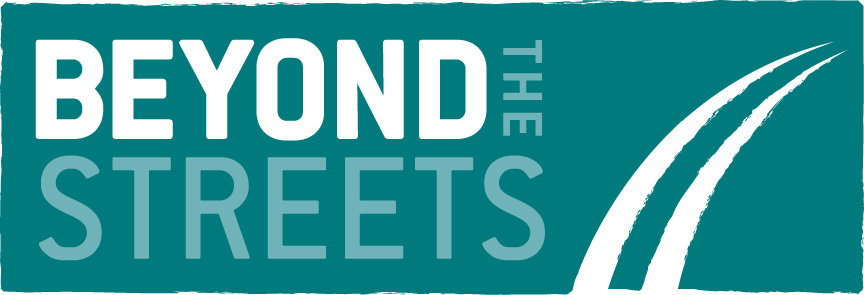 Having a specialist women’s psychotherapist within our Door of Hope project provides a safe, convenient and accessible therapy offer for women to be able to access expert support with fewer barriers than they might otherwise encounter with external services. This includes women being able to access the service whilst still battling substance misuse, often a symptom of the trauma they’ve experienced.
Having a specialist women’s psychotherapist within our Door of Hope project provides a safe, convenient and accessible therapy offer for women to be able to access expert support with fewer barriers than they might otherwise encounter with external services. This includes women being able to access the service whilst still battling substance misuse, often a symptom of the trauma they’ve experienced.
Q: What does it look like having a psychotherapist available to the women supported by The Door of Hope project in east London?
When people think of therapy with this group of women, they think it’ll be loaded with discussions of trauma.
But what I want to bring to it is that we approach women’s therapy in a strength-focused way. Strengths, goals, and regaining a sense of identity—what their aspirations might be—a sense of creativity, fun and laughter to balance out the trauma-focused work, which can be really really difficult.
Balance is what is important there.
But also working at the pace that the woman want to work at. Some people don’t come to therapy wanting to work on trauma; some come to work on the day-to-day, the here and now, and so we will work on emotional regulation with her because that’s what she feels is safer and more in line with her needs at the time.
We work to make a therapeutic space where women feel they can come to catch their breath, pause and reflect, which is not always how people think about therapy.
Q: Do you think there is a benefit to joined up working between services and organisations?
Women come into the Door of Hope office, and I [psychotherapist Fran] see a woman for her therapy, and then the Beyond the Streets staff will also see her before or after her therapy to catch up on the practical support that they offer. It’s great for the women that there’s one place where they can come.
Coming into the service, which is integrated with the Door of Hope, enables people to meet other women, for example at the drop-ins, and while drop-ins aren’t therapy, they are a therapeutic space where women can go to reduce isolation and meet others in a safe environment.
Q: What is your favourite part of working within the Door of Hope project?
My favourite part of coming into Door of Hope (every Tuesday to provide 1:1 therapy for the women, supported by the project) is learning about the women and learning from women.
Learning about their lives, cultures, skills, and aspirations. Their feelings about what needs to change—in society, services, and within each one of us.
Q: How do you provide therapy to women involved in the sex industry?
While in some ways you could say that the women supported by the Door of Hope project in Tower Hamlets might share a niche set of disadvantages, I think people who approach this cohort of women are daunted.
Maybe for people who don’t work in this sector, it feels so unknown or even scary to think about what being involved in selling sex in some form might mean and what it might be like.
When it comes to supporting these women’s mental health, they’re not actually different from anyone else in terms of their needs. When people come to therapy, they want to talk about relationships with partners, friends, family, self-esteem and identity, about goals, or not feeling like they’ve achieved their dreams. Of course, this cohort of women have more specific things they want to talk about, like their experiences selling sex and specific traumas, but they’re women first.
There’s so much that everyone has in common; let’s not forget that. Of course women involved in selling sex can relate to us, and us to them; they’re women with really similar feelings and anxieties. We need to focus on breaking that stigma in us and on how we move towards people when there’s that stigma attached to them, not worrying about ‘what do I say, what do I do’.
Q: In a crisis-to-crisis climate where we hear regularly about the women and girls’ sector being underfunded and about all the barriers women still face in society, how do you find hope or positivity?
I like to think about this as ‘holding hope’. As workers, whatever role we take, sometimes we’re holding hope for the women we work alongside at a time in their lives when they really struggle to see the hope for themselves. The longer we engage with women they start to see the hope and can start to carry it for themselves.
Women we work with have such courage and resilience, skills and goals that are incredible—that’s something people miss because they think ‘oh we’re working with a vulnerable group of people’. You can’t assume there’s weakness in vulnerability and disadvantage; there’s real strength.
It’s not about giving women a voice; they have a powerful voice, just often it isn’t heard. We don’t need to articulate for them; we just need to hear them.
*Centre for Justice Innovation and Staffordshire University Report
I want to learn more about Beyond the Streets support services.

Share this page